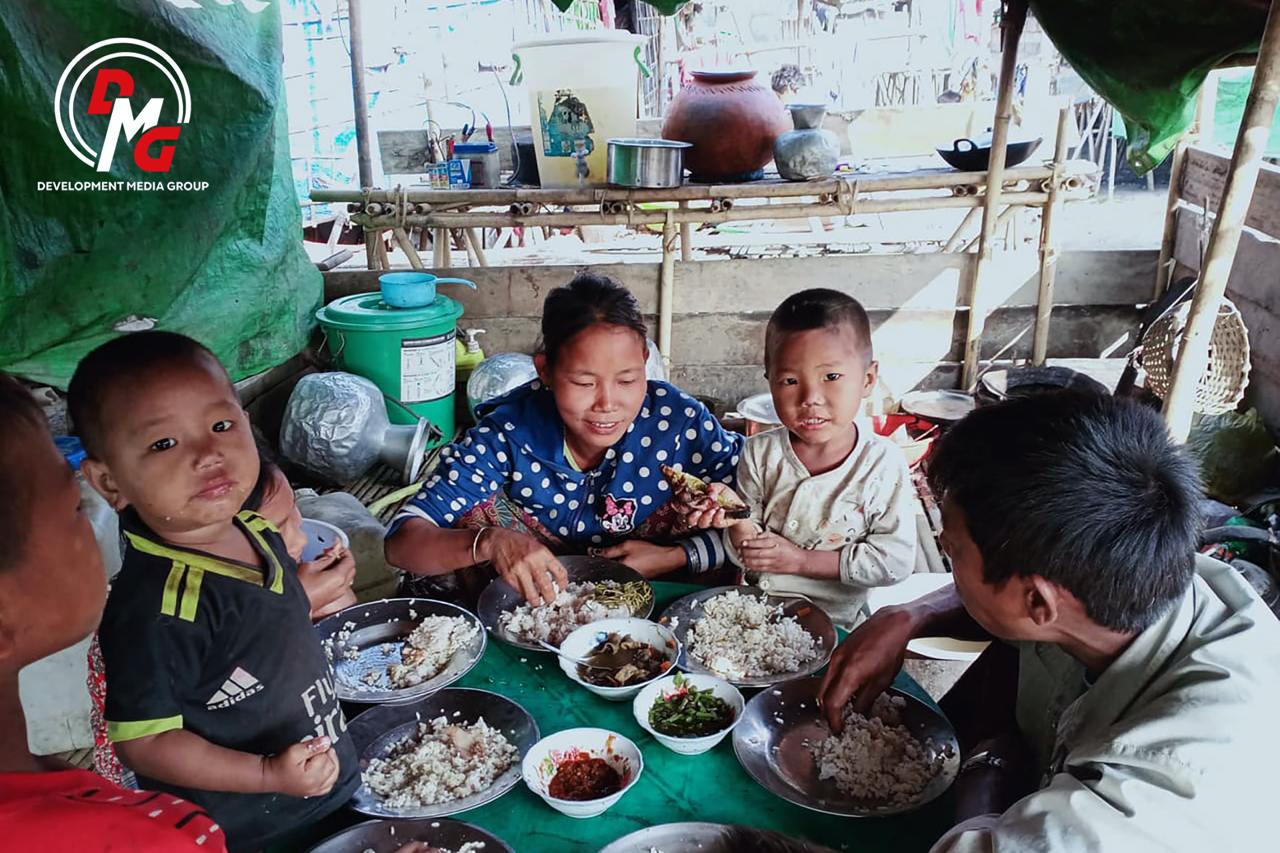Save lives and protect human dignity

We hear civilians crying, see dying from aerial bombardment and arson attacks. All unarmed civilians live in fear, uncertainty and hunger in war affected areas. Access to safe space, basic food and safe drinking water is a fundamental human right.
In Myanmar, millions of unarmed civilians both IDPs and host communities in war affected areas are still facing the daily challenge of accessing safe space, basic food and safe drinking water. They run to the forest to protect their lives from arson attacks when they are aware. Mostly, they were attacked without having running time. Due to poverty, hunger and uncertainty, civilians particularly women committed suicide. Children, pregnant women and lactating women including disabilities and old people are suffering from severe malnutrition.
Thousands of unarmed civilians get killed and injured everyday from SAC’s arson attacks due to lack of safe shelters and early warning systems. Moreover they get sick or die everyday because they are forced to go without these most basic services. Diseases from unsafe water, lack of basic sanitation and malnutrition kill more people.
We work on
- Providing access to knowledge and safe shelters for most vulnerable communities to protect from arson attacks.
- Delivering humanitarian acute needs for IDP that are safe, inclusive, dignified and conflict sensitive across a range of sectors (food security, nutrition, WASH and shelter) depending on acute needs.
- Providing a continued specialism in protection for women, girls and at-risk groups, including multi-sectoral gender-based violence response and prevention, and mental health and psychosocial support (MHPSS).
- Ensuring a focus on nexus programming across humanitarian, development and peace work in protracted crisis context to address multi-sectoral needs of communities.
- Supporting community-led disaster risk management approaches and emergency preparedness planning at local level to encourage early action.
- Working with partners and networks to undertake advocacy on the rights of vulnerable communities.